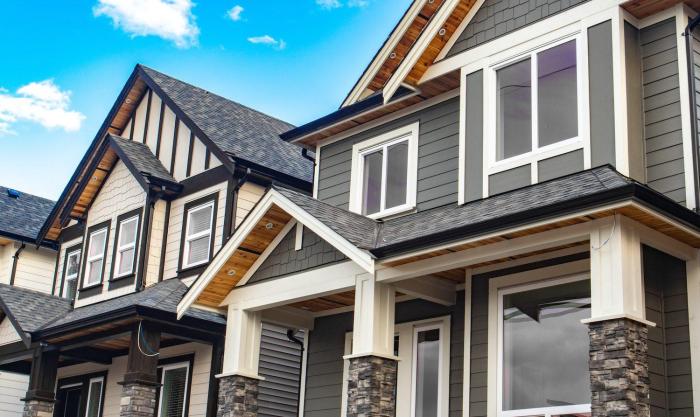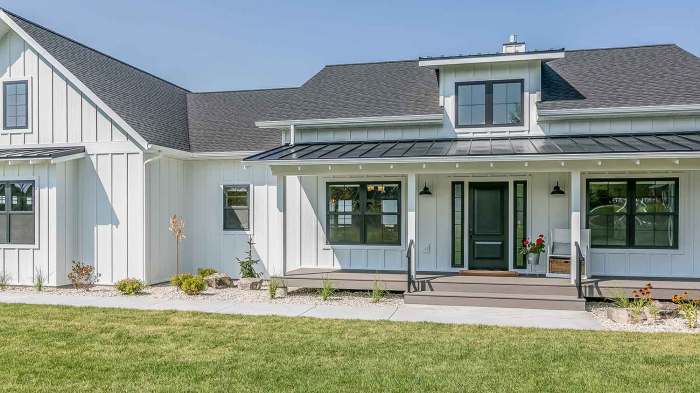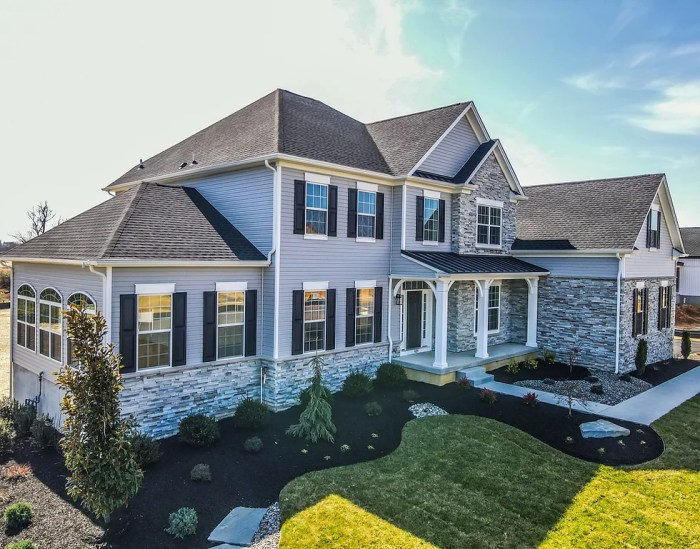Best insurance for office building owners: A Comprehensive Guide
When it comes to protecting your office building, having the best insurance coverage is crucial. From property insurance to liability insurance and business interruption insurance, understanding the options available can make a significant difference in safeguarding your investment. Let's delve into the world of insurance for office building owners and explore how you can best protect your property.
Types of insurance coverage for office building owners

When it comes to protecting your office building, there are several types of insurance coverage available to help mitigate risks and provide financial security in case of unexpected events. Let's take a closer look at the different types of insurance that office building owners can consider.
Property Insurance
Property insurance is essential for office building owners as it provides coverage for the physical structure of the building, as well as any assets inside it. This type of insurance typically protects against damages caused by fire, lightning, wind, hail, vandalism, and other perils.
In the event of a covered loss, property insurance can help cover the cost of repairs or replacement of the building and its contents.
Liability Insurance
Liability insurance is another important coverage for office building owners, as it protects against claims of bodily injury or property damage that may occur on the premises. This type of insurance can help cover legal fees, medical expenses, and settlement costs if a third party sues for damages.
Liability insurance is crucial for protecting office building owners from financial losses due to unforeseen accidents or incidents.
Business Interruption Insurance
Business interruption insurance is designed to help office building owners recover lost income and continue operations in the event of a covered loss that forces the business to temporarily close. This type of insurance can provide coverage for lost revenue, ongoing expenses, and even relocation costs while repairs are being made.
Business interruption insurance is a valuable asset for office building owners to ensure business continuity during challenging times.Overall, property insurance, liability insurance, and business interruption insurance are three key types of coverage that office building owners should consider to protect their investment, assets, and financial stability in the face of unexpected events.
Factors to consider when choosing insurance for office buildings
When selecting insurance for office buildings, there are several key factors that building owners should consider to ensure adequate coverage and protection. Factors such as location, building size, construction materials, and occupancy type all play a crucial role in determining the type and amount of insurance needed.
Impact of Building Age and Safety Regulations
The age of the building and its compliance with safety regulations can significantly impact insurance premiums. Older buildings may be more prone to structural issues or damages, leading to higher insurance costs. Additionally, buildings that do not meet current safety standards may pose a higher risk for accidents or liabilities, resulting in increased insurance premiums.
Assessing Risks and Liabilities
It is essential for office building owners to assess the specific risks and liabilities associated with their property before selecting insurance coverage. Factors such as the presence of valuable equipment, the number of employees and visitors, and the surrounding environment should all be taken into account when evaluating insurance needs.
By identifying potential risks and liabilities, building owners can choose insurance coverage that provides adequate protection in case of unforeseen events.
Cost-saving strategies for insurance premiums
When it comes to insurance premiums for office buildings, there are several cost-saving strategies that owners can implement to reduce their expenses.
Improving Building Security
- Installing security cameras and alarms to deter potential break-ins.
- Implementing access control systems to restrict entry to authorized personnel only.
- Adding proper lighting around the building to enhance visibility and security.
Implementing Safety Measures
- Regularly inspecting and maintaining fire suppression systems to ensure they are in working condition.
- Conducting safety drills and training sessions for building occupants to respond effectively in case of emergencies.
- Upgrading building materials to meet safety standards and reduce risks of accidents.
Regular Maintenance Practices
- Scheduling routine inspections for electrical, plumbing, and HVAC systems to prevent potential hazards.
- Addressing maintenance issues promptly to avoid costly repairs in the future.
- Keeping the building well-maintained and in good condition to demonstrate care and reduce risks.
Role of Risk Management Practices
- Developing a comprehensive risk management plan to identify and mitigate potential risks in the building.
- Working closely with insurance providers to assess risks and find solutions to lower premiums.
- Investing in loss prevention measures to minimize the likelihood of insurance claims and reduce overall costs.
Working with insurance agents and companies

When it comes to finding the best insurance coverage for your office building, working with insurance agents and companies is essential. These professionals can help you navigate the complex world of insurance and find a policy that meets your specific needs.
Engaging with insurance agents
- Start by researching and contacting multiple insurance agents who specialize in commercial property insurance.
- Provide detailed information about your office building, including its location, size, age, and any unique features that may affect insurance coverage.
- Ask for quotes from different agents and compare the coverage options, premiums, deductibles, and exclusions they offer.
- Discuss any specific requirements or concerns you have regarding insurance for your office building.
Evaluating insurance companies
- Check the reputation of insurance companies by reading reviews and ratings from other commercial property owners.
- Look into the financial stability of insurance companies by reviewing their credit ratings and financial reports.
- Consider the customer service provided by insurance companies, as you want to work with a company that is responsive and helpful.
Negotiating terms with insurance providers
- Be prepared to negotiate the terms of your insurance policy, including coverage limits, deductibles, and exclusions.
- Ask about available discounts or ways to lower your premiums without sacrificing coverage.
- Review the policy carefully and ask questions about anything you don't understand before agreeing to the terms.
Last Point
In conclusion, ensuring that you have the right insurance coverage for your office building is essential in safeguarding your investment and mitigating risks. By understanding the different types of insurance, considering key factors, implementing cost-saving strategies, and working with reputable insurance agents and companies, you can effectively protect your office building for years to come.
FAQ Resource
What are the key types of insurance coverage for office building owners?
Office building owners can benefit from property insurance, liability insurance, and business interruption insurance to protect their investment from various risks.
How can office building owners reduce insurance costs?
Implementing building security measures, conducting regular maintenance, and practicing risk management can help lower insurance premiums for office buildings.
What factors influence insurance decisions for office buildings?
Location, building size, construction materials, occupancy type, building age, and compliance with safety regulations are key factors that can impact insurance choices for office building owners.



